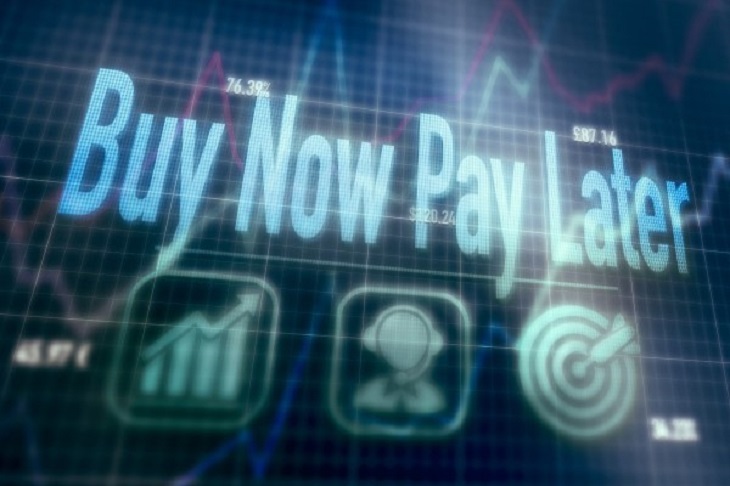The Kenyan economy thrives on the wheels of Small and Medium Enterprises (SMEs). The sector employs about 86 percent of the population and contributes about 45.5 percent to the country’s GDP.
Despite the immense contribution of the SME sector to the country’s economy, the sector still faces a myriad of challenges that have threatened to bring it to its knees.
Six years ago, stats from the Kenya National Bureau of Statistics (KNBS), indicated that at least 450,000 SMEs were shutting down annually in Kenya. This was about 30,000 monthly and 1,000 daily.
Given that these stats were compiled way before the advent of the Covid-19 pandemic, the situation is currently. So dire that there are no specific stats of how small business and their customers are suffering.
When a business fails, many tend to blame various factors but rarely about how the purchasing power of their customers would have led to the demise of their business. A business is as good if customers can access, afford and purchase the product and service.
Giving customers an alternative of getting a product that they love but pay in installments or later is a concept that has been around, within and without Kenya for years, but not well-known and embraced by many people.
The truth is that the Buy Now Pay Later industry is the modern-day hire purchase scheme that has existed in Africa for a long time known as a hire-purchase.
The Global Buy Now Pay Later industry market size was valued at $90.69 billion in 2020 and is projected to reach $3.98 trillion by 2030, growing at a compound annual growth rate of 45.7% from 2021 to 2030.
Buy Now Pay Later is a type of short-term financing that allows individuals to purchase different products such as furniture, groceries, electronics, cars, and other products.
It’s a point of sale (POS) installment loan process that permits consumers to make purchases of the products and manages the reimbursement.
Retailers are now offering Buy Now Pay Later solutions that enable their customers to purchase daily essential goods by choosing an affordable financing plan and paying in installments instead of the entire cost at one time.
The increase in the adoption of online payment methods among the populace across developing nations is accelerating the growth of the buy now pay later payment market.
Lipa Later, a buy-now-pay-later (BNPL) company operating in Kenya, Rwanda, Uganda, and Nigeria, is currently rapidly expanding within its current markets (Kenya, Uganda, Rwanda) and into new markets such as Nigeria, Ghana, and Tanzania.
Mobile payment, debit cards, and credit cards are the leading digital payment technologies that offer people numerous benefits such as reducing transaction costs, streamlining fund transfer services, and increasing payment security which enhances the growth of the buy now pay later market.
Availability of high-speed internet connectivity, a surge in the adoption of smartphones, and a rise in awareness about digital payment services are some of the important factors that boost the adoption of online payment technology.
The new paper by Mastercard titled ‘Financial inclusion + Connecting people to Finance, Health and Education which explores how health, education, digital, and financial inclusion are all intertwined to unlock greater prosperity and wellbeing for communities across the region.
The interconnected world needs devices that are connected enabling a greater percentage of the population to access services, from banking, education, and health right from their mobile devices.
Devices are widely available, but the costs of ownership are high and might be out of reach. That’s why the BNPL industry exists – To help provide access to devices connecting a larger part of the population and to help retailers increase their sales. At Lipa Later we have seen retail sales increase by as high as 50% as a result of the credit facility we offer.
This simply means the market has always been ready and needed a BNLP such as Lipa Later.
Lipa Later is able to offer up to 12 months’ installments on different devices. The system which is able to credit score online just needs one to register and get a credit score that one can then use in different outlets across the country to buy that device one needs and start using it instantly.
Currently, the number of retailers on the platform is more than 7,000, with over 20,000 customers. As we continue to forge new partnerships with different retailers, we are always looking to keep our consumers connected and included.

